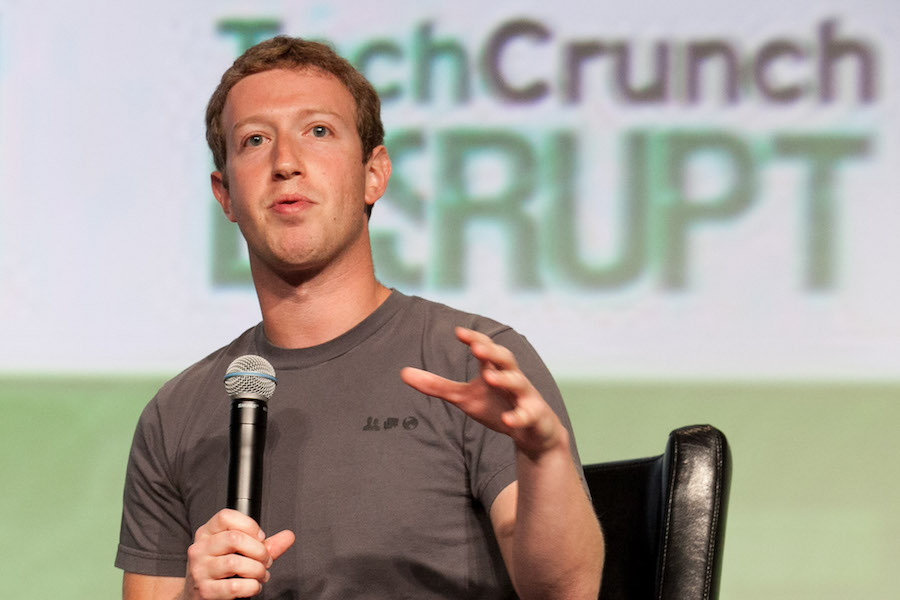
Facebook C.E.O. Mark Zuckerberg testified in the United States Senate from April 11 to 12 on his company’s actions during the Cambridge Analytica data breach that took place more than a year ago. Most controversially, both Zuckerberg and Sheryl Sandberg, his chief financial officer, were aware that Cambridge Analytica was harvesting private voter data from users’ Facebook accounts as a source of information for the then-nascent Donald Trump and Brexit campaigns. After discovering this, Facebook requested that the Analytica team stop harvesting the information and considered the issue closed. Now, their controversial choice not to delve deeper into Cambridge Analytica’s actions has come under fire in one of the most extensive Congressional testimonies of the digital age.
Social media, as we now know, has tremendous potential to affect the ways in which people vote and choose to view complex topics including racism, economic inequality and foreign policy. The influx of provocative advertisements and posts on Facebook from Russian troll farms during the Trump and Brexit campaigns speaks to the fact that other governments have recognized the capability of these online tools to control elections and are, unsurprisingly, taking full advantage of it. In particular, Russia’s deteriorating relationship with the U.S. has been one of the driving forces behind the emergence of online groups seeking to create political divisions among social media users. The revelation of Russian involvement in these troll farms, coupled with the Cambridge Analytica scandal, has served to create an environment of mistrust and apprehension in the American public sphere that’s not likely to be assuaged in the near future.
Zuckerberg may fully grasp the situation at hand — his uncharacteristic public apology was well-received by most media outlets and his contrition has every appearance of being sincere. But the recent data breach is a turning point not only for his company but also for political campaigns to come. It’s nothing new to average Facebook users that what they post, while seemingly private, is actually public to most individuals. What they didn’t count on, however, is the fact that their posts may be useful political fodder and information for firms like Cambridge Analytica, which has been linked with the recent conservative movements in the West. The so-called openness and transparency of social media has thus backfired in more ways than one: Individuals must face the fact that anything they write, post or “like” could potentially be of interest to people with a specific political agenda of undermining the democratic process. Naturally, no one wants to be associated with this particular misfortune, and Facebook’s typically indifferent attitude toward user privacy breaches has changed as a result.
While it’s unlikely that Cambridge Analytica would have stopped the data harvesting even if their actions had been made public — they were contracted out by two of the most controversial political campaigns in history — Facebook’s failure to warn users about it signifies a disturbing misstep on the company’s part. We can no longer believe that connecting with people — a recurring motif in Zuckerberg’s testimony — is the sole purpose of social media. Rather, social media has been exploited for uses that many either naively failed to grasp or ignored as it seemed too detrimental to the company’s ever-changing reputation. Zuckerberg and Sandberg’s admitted failure to pursue this line of reasoning is clear evidence of a naiveté and indifference that have long pervaded millennial tech culture and the American belief in the democratic process.
Written by: Rebecca Bihn-Wallace — rbihnwallace@ucdavis.edu
Disclaimer: The views and opinions expressed by individual columnists belong to the columnists alone and do not necessarily indicate the views and opinions held by The California Aggie.




